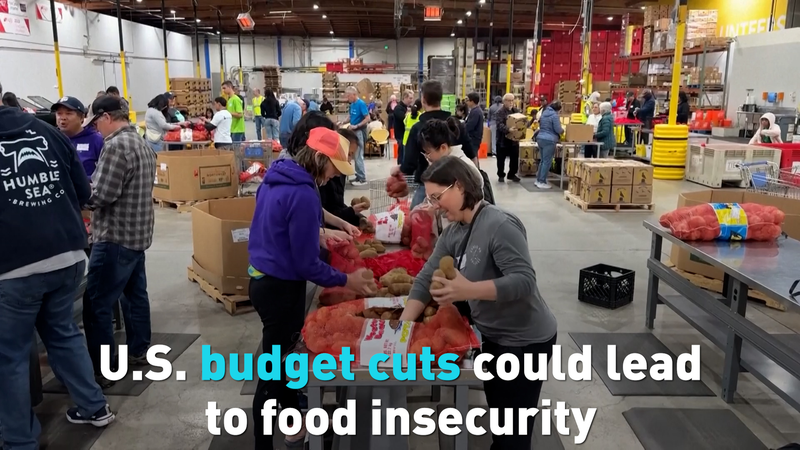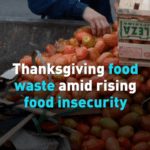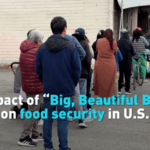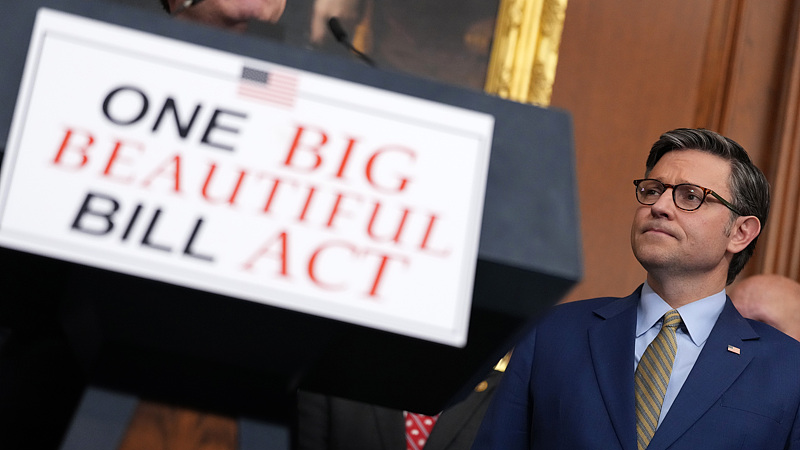Growing concerns over food insecurity in the United States have intensified as experts warn that recent tax reforms and spending adjustments could deepen the crisis. A new law signed by former U.S. President Donald Trump has drawn criticism for potentially slashing funding to critical social programs, leaving millions of vulnerable Americans at risk of reduced access to nutritional assistance.
Analysts highlight that the legislation’s focus on tax reductions may redirect resources away from initiatives like Supplemental Nutrition Assistance Program (SNAP), which supports low-income families. “This could destabilize households already struggling with inflation and employment challenges,” said Dr. Laura Chen, a public policy researcher at the Global Economic Forum. “The ripple effects may extend to child development and healthcare systems.”
While debates continue in Washington, food banks and community organizations report unprecedented demand. In Ohio, volunteer-run pantries have seen a 40% surge in visitors since January. “We’re stretched thin,” shared Maria Gonzalez, a coordinator at Cleveland Community Kitchen. “Families are making impossible choices between rent, medicine, and groceries.”
The developments underscore broader discussions about economic equity and safety nets in high-income nations. As global markets monitor U.S. fiscal policies, advocates urge lawmakers to prioritize vulnerable populations amid shifting budgetary priorities.
Reference(s):
cgtn.com








